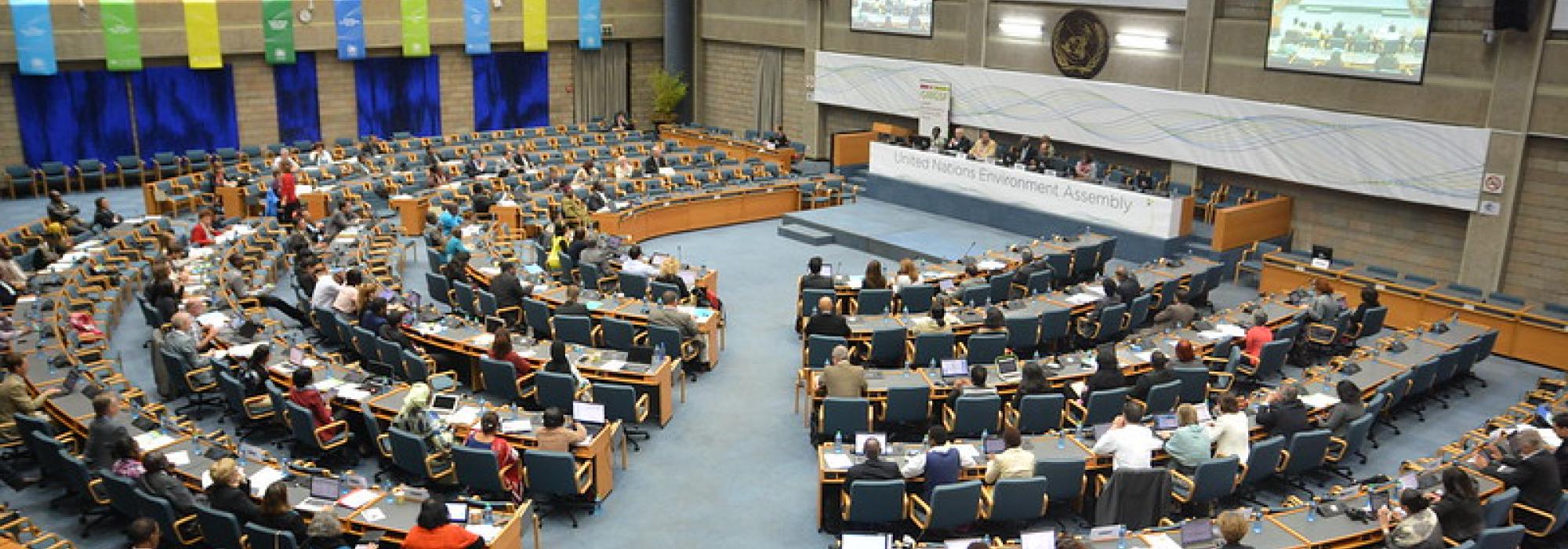
The LSRI Accredited to Join United Nations Environment Assembly
Key Details
The LSRI is delighted to announce that its application for accreditation to the United Nations Environment Assembly (UNEA) of the UN Environment Programme (UNEP) has been successful.
This accreditation grants observer status within the Assembly to non-governmental organisations, allowing them to participate in the work of UNEP’s Governing Bodies. Advantages to accredited organisations include the opportunity to circulate written statements to governments, in the form of information documents through the UNEP secretariat, and to make oral statements during the discussions of the United Nations Environmental Assembly of UNEP.
This is particularly meaningful for the Institute as it provides an entry point into policy dialogue on the global stage, with the opportunity to directly influence discussions and deliberations on policies regarding important socio-ecological issues. Crucially, it allows the Institute to harness the power of integral ecology-inspired research to provide new perspectives to create meaningful impacts that orient toward care for the earth and the poor. This accreditation is also key for the Global Integral Ecology Research Network, a major ongoing initiative of the LSRI to advance collaborative research with scholars across the globe, in providing affiliated academics with the opportunity to translate meaningful research into practice. It also allows sister institutions of the Jesuits in Britain, such as Jesuit Missions and Jesuit Refugee Service, to collaborate in discussions with governments on issues close to their work, from climate change migrants and the impact of mining to sustainable development and structural injustice.
Assistant Director in Policy and Practice, Carlos Zepeda, who headed the accreditation application, commented:
I am delighted that the LSRI is now accredited to participate as a full member of the United Nations Environment Assembly (UNEA) at UNEP, the world’s biggest global environmental governance institution that exists. UNEA is an influential platform for environmental policy action on a global scale as it brings the myriad voices of civil society and policymakers to discuss the normative framing of environmental policies that shape our world. We believe our integral ecology research can help provide new insights and transdisciplinary perspectives that bring both the cry of the poor and the cry of the Earth into these discussions, developing new designs and blueprints of environmental policies aimed to make our planet embark on a journey of ecological conversion. Our mission now is to work in synergy with our sister institutions like Jesuit Missions and Jesuit Refugee Service to engage in the ongoing debates at the world’s biggest environmental governance framework.
Image: from flickr under CC BY-NC-SA 2.0 license.

